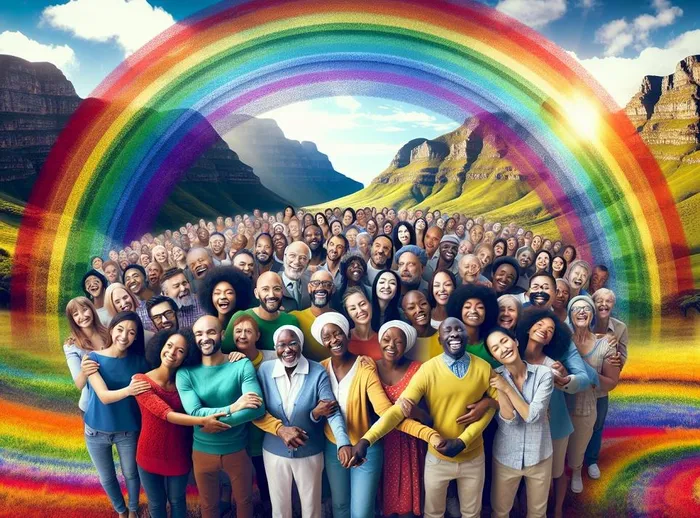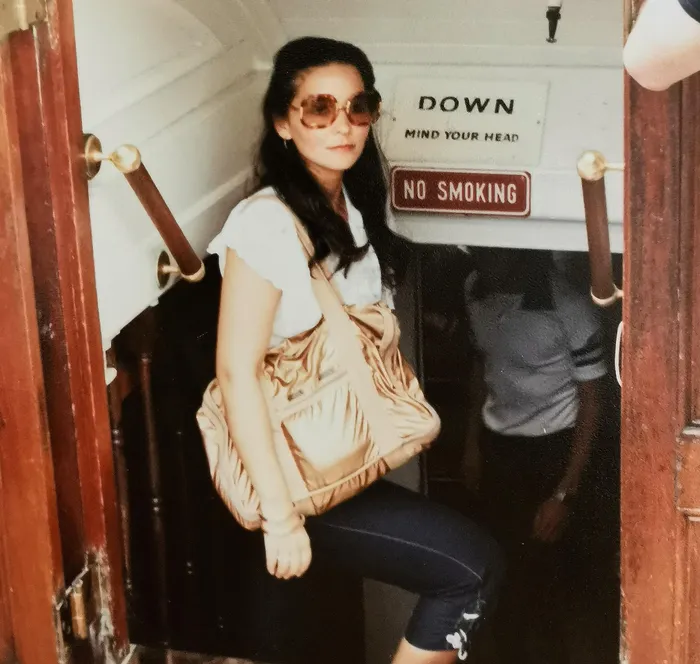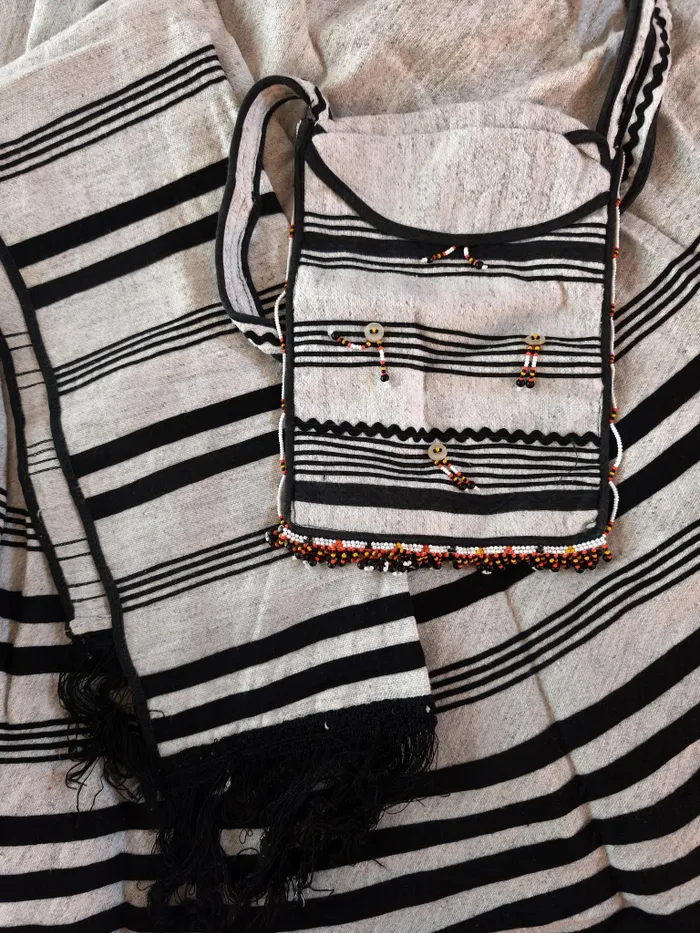Understanding my place in the Rainbow Nation on Heritage Day

The beauty of our country lies in it's diversity.
Image: IOL / Ron AI
As South Africa gears up to celebrate Heritage Day on September 24, a day many embrace to showcase their vibrant cultural roots, I find myself leaning more towards the "Braai Day" side of the holiday.
For me, Heritage Day has always been a tricky day to celebrate because my own heritage isn't easily defined.
Growing up in the Boland and now living in Cape Town, I’ve often felt like a puzzle piece that doesn’t quite fit.
The quintessential "Coloured" experiences many associate with the Cape, like making koeksisters on a Sunday or knowing the inner workings of the Klopse, weren’t a part of my childhood. I discovered these traditions only as an adult.
My mother, a Coloured woman with a fair complexion, straight hair, and European features, grew up in the Transkei and was fluent in isiXhosa.
Her uniqueness lay in this blend of appearance and deep cultural knowledge.

My mother's uniqueness lay in this blend of appearance and deep cultural knowledge.
Image: Supplied
Yet, despite her background, we didn't grow up speaking the language or fully immersed in Xhosa traditions.
Our family’s focus wasn’t on cultural heritage but on the fight for equality.
With my father, a Coloured man and an activist doctor from the Boland, our dinner table conversations revolved around social injustice and servicing our community during a time when apartheid tore communities apart.
That's not to say Xhosa culture wasn't a part of my mother's life.
She had a passion for beading and even made traditional Xhosa garments.
As a little girl, I was the proud owner of an umbhaco skirt she had handmade for me.

Do I wear my traditional skirt?
Image: Gerry Cupido
Still, while this rich heritage was a huge part of her upbringing, it wasn’t a part of mine.
And what about the other parts of the "Coloured" identity often found in Cape Town?
Am I Cape Malay? No.
While my mother’s delicious stews taught me how to make a mean pot, neither of us ever made bobotie.
Do I identify as Khoi or San? No.
That heritage was never a part of my upbringing or even mentioned in my family’s history.
The complexity of identity is something I see in my own home.
My youngest daughter, who is mixed race, has been exposed to her Xhosa heritage through her father’s family and even has her own traditional attire.
Yet, as a member of Gen Alpha, she sees skin tone, not race.
She doesn't see me as "Coloured" because of my light complexion.
It's a beautiful perspective to witness, one that moves beyond the rigid lines of the past.
So, when my colleagues arrive at work in their traditional wear, I often find myself at a loss.
What does a Coloured woman with my unique history wear? Do I wear my umbhaco skirt, a treasured link to my mother’s past?
Ultimately, I am proud to call myself a South African and a part of our Rainbow Nation.
Even if, on Heritage Day, I struggle to pick a single colour, I've come to realise that my unique blend of histories and my struggle to define them is a heritage all its own.
Get your news on the go. Download the latest IOL App for Android and IOS now
IOL
Related Topics: